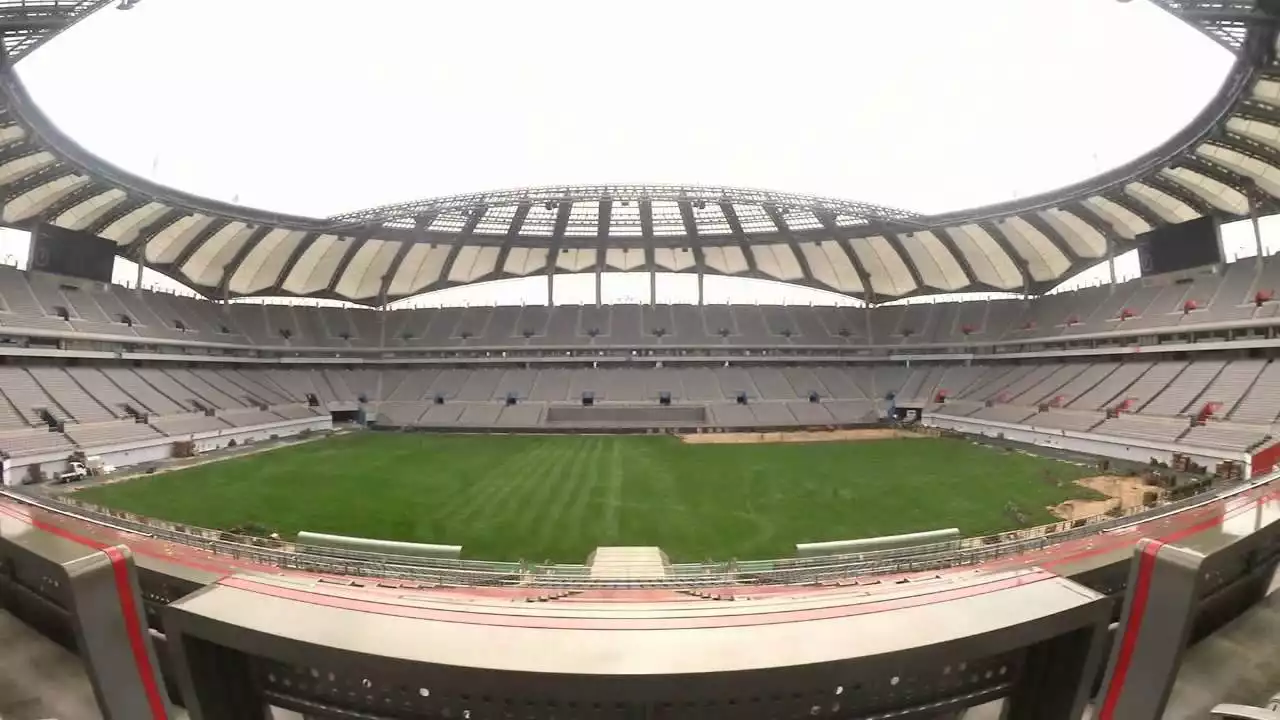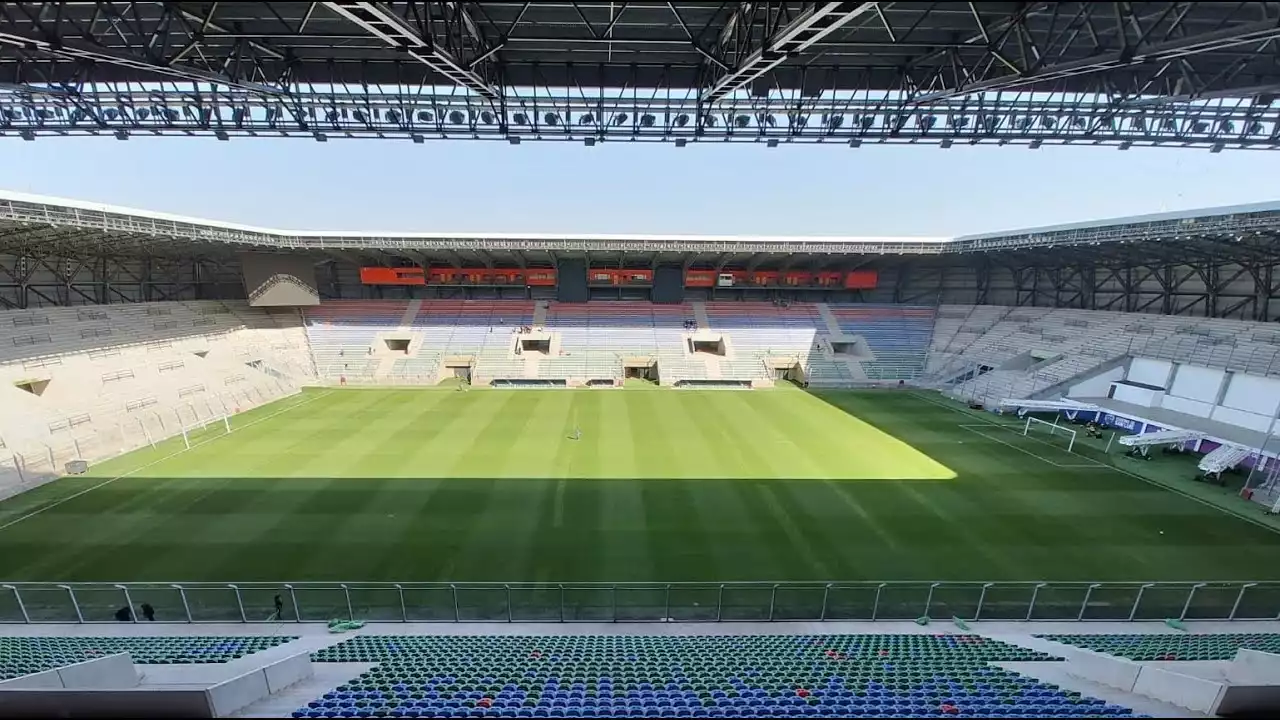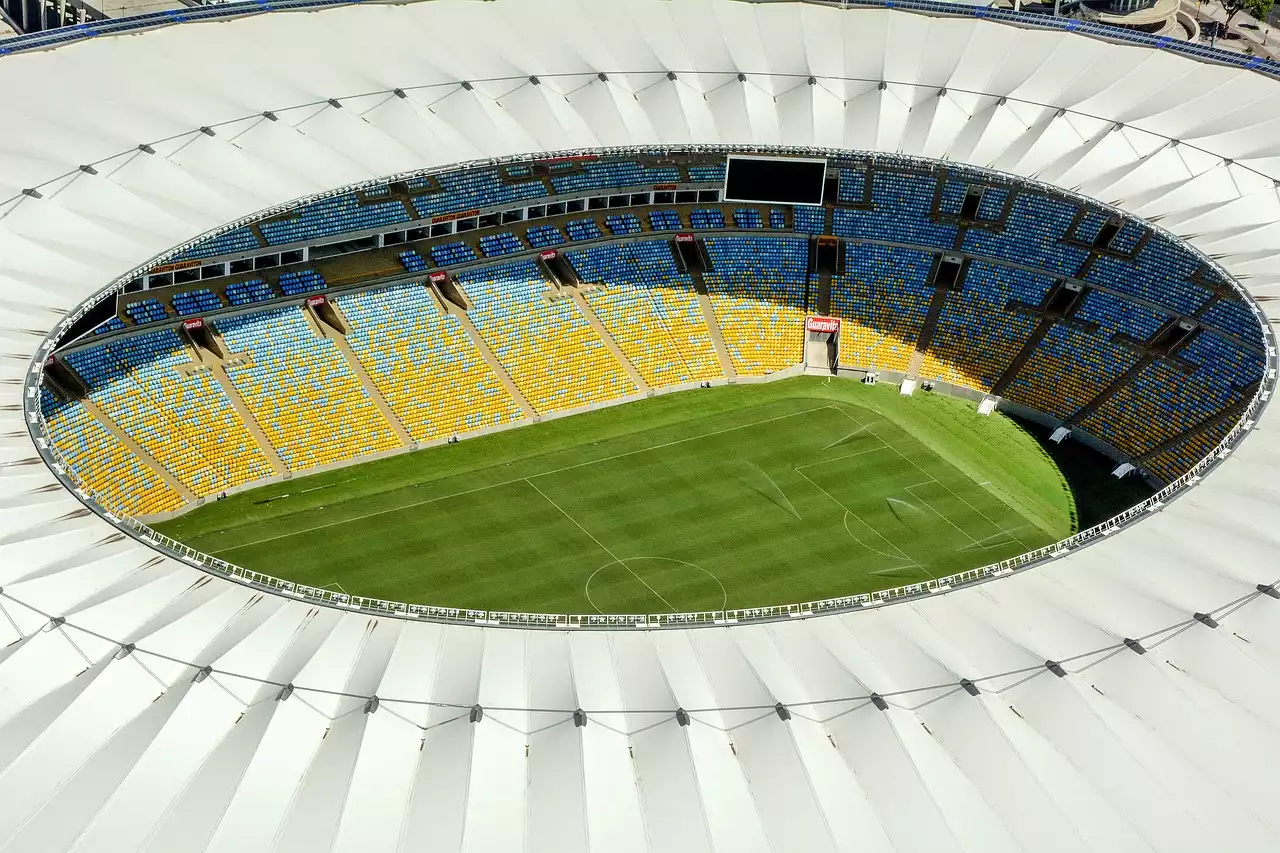Importance of the Host Stadium
The role of the host stadium in any major sporting event cannot be understated. It serves as the epicenter of excitement, the battleground where dreams are realized and legends are made. The Seoul World Cup Stadium, the proud host of the FIFA U-20 World Cup, holds a special place in the hearts of football fans around the world. Its significance goes beyond its physical presence, as it embodies the spirit and passion of South Korean football.
Overview of the Seoul World Cup Stadium
Located in the vibrant city of Seoul, the Seoul World Cup Stadium is a magnificent architectural marvel that captures the essence of South Korea's love for football. With a seating capacity of over 66,000, it stands as a testament to the nation's commitment to providing an unparalleled experience for both players and spectators. The stadium's state-of-the-art facilities and meticulously maintained pitch create the perfect environment for showcasing the world's top young football talent.
History and Significance of the Seoul World Cup Stadium
The Seoul World Cup Stadium has a rich history that dates back to its construction for the 2002 FIFA World Cup. As one of the venues for the tournament, it witnessed unforgettable moments that will forever be etched in the annals of football history. The stadium's unique design, inspired by the traditional Korean kite, reflects the nation's cultural heritage while embracing modernity. Its symbolic significance extends beyond its physical structure, representing the harmony between tradition and progress that defines South Korea.
Key Features and Facilities of the Stadium
The Seoul World Cup Stadium boasts a range of features and facilities that elevate it to a world-class sporting venue. Its cutting-edge technology ensures optimal viewing experiences for spectators, with large high-definition screens strategically placed throughout the stadium. The pitch, meticulously maintained to perfection, offers an ideal playing surface for the young footballers to showcase their skills. The stadium also provides ample amenities, including comfortable seating, spacious concourses, and a wide variety of food and beverage options, ensuring that fans can fully immerse themselves in the footballing atmosphere.
Past Matches and Memorable Moments at the Seoul World Cup Stadium
Over the years, the Seoul World Cup Stadium has played host to numerous thrilling matches and unforgettable moments. From the passionate cheers of the home crowd to the electrifying atmosphere that fills the air, the stadium has witnessed it all. One of the most memorable moments was during the 2002 FIFA World Cup when South Korea's national team made history by advancing to the semi-finals. The stadium erupted in joy as the nation celebrated this remarkable achievement, leaving an indelible mark on the hearts of football fans worldwide.
Infrastructure and Transportation Around the Stadium
The Seoul World Cup Stadium benefits from excellent infrastructure and transportation links, making it easily accessible for both local and international visitors. The stadium is well connected to the city's public transportation network, with multiple subway and bus lines serving the area. Additionally, ample parking spaces are available for those traveling by car. Surrounding the stadium, visitors can find a range of accommodation options, ranging from luxury hotels to budget-friendly guesthouses, ensuring a comfortable stay for all.
Local Attractions and Amenities for Visitors
For those visiting the Seoul World Cup Stadium, there is no shortage of local attractions and amenities to explore. The stadium is located in the heart of Seoul, a city renowned for its vibrant culture, historic landmarks, and culinary delights. Visitors can take a stroll along the picturesque Cheonggyecheon Stream, marvel at the grandeur of Gyeongbokgung Palace, or indulge in a shopping spree at the bustling Myeongdong district. With an abundance of restaurants, cafes, and entertainment options, visitors can fully immerse themselves in the unique charm of Seoul.
Legacy and Impact of Hosting the FIFA U-20 World Cup
Hosting the FIFA U-20 World Cup at the Seoul World Cup Stadium leaves a lasting legacy and impact on the host country. It provides an opportunity to showcase the nation's capabilities in organizing major sporting events and promotes tourism, attracting visitors from around the world. The tournament also serves as a platform for young footballers to gain international exposure and hone their skills, potentially paving the way for future professional careers. Moreover, hosting the FIFA U-20 World Cup fosters a sense of national pride and unity, as the entire country comes together to support their team and celebrate the beautiful game.
The Seoul World Cup Stadium stands as a symbol of South Korea's passion for football and its commitment to providing an exceptional sporting experience. From its impressive architecture to its state-of-the-art facilities, this iconic venue has etched its name in the history books of football. As the host of the FIFA U-20 World Cup, it welcomes the world's top young football talent and invites fans from across the globe to witness the magic unfold on its hallowed grounds. Join us in celebrating the FIFA U-20 World Cup at the Seoul World Cup Stadium, where dreams are born, legends are made, and the beautiful game takes center stage.










